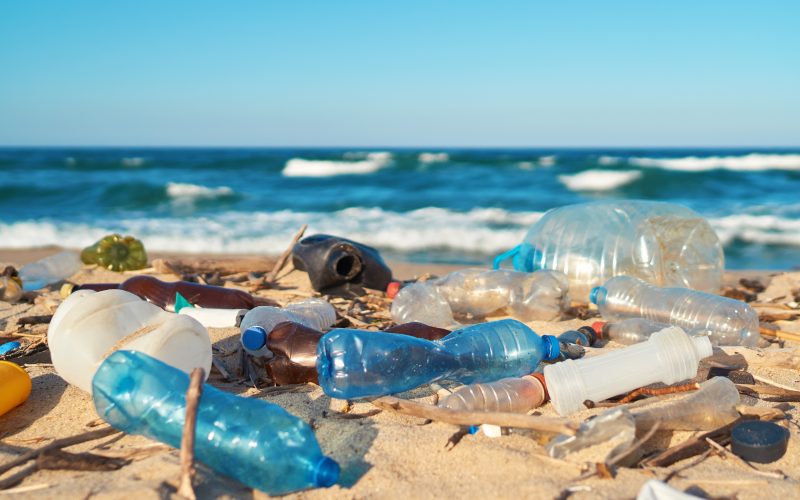The U.S. is one of the biggest carbon emitters in the world, but it’s the smaller countries that suffer the most. Vann Newkirk, senior editor at The Atlantic, joins host Krys Boyd to discuss the idea of climate reparations, what responsibility the U.S. has to pay a fair share, and why this might be the most solid plan for approaching climate change solutions. His article is “What America Owes The Planet.”
Putting a price on pollution
By Sophia Anderson, Think Intern
The concept of climate change hasn’t always been a political issue. In fact, when world leaders met for a climate convention in Virginia in 1991, there was no question whether or not climate change was “real.” The only disputes were about how to combat it.
Vann Newkirk, senior editor at The Atlantic, joined Krys Boyd to discuss America’s role in the global discussion surrounding climate change, and the disproportionately large impact of its carbon emissions. He recently wrote an article on the topic titled “What America Owes the Planet.”
At the time of the first convention in Chantilly, Virginia, the United States was responsible for more than half of the world’s carbon emissions. Countries like China and India have since contributed more emissions of their own, evening the score somewhat.
It doesn’t matter which country is at fault for pollution, the impact of carbon emissions spread far beyond their country of origin. Pollution originating in America actually damages smaller coastal nations far more than it damages America itself.
“[These nations] were concerned, being that they were the first in line to suffer damages from climate change,” Newkirk said. “They already were seeing coral reef bleaching. They were afraid of the prospect of sea level rise. They could see these risks clearly. And they understood that if you are a low-lying small island state, you already don’t have the sort of financial wherewithal to deal with these problems.”
Back in 1991, a group called the Alliance of Small Island States proposed a series of policies meant to limit the damage that larger, richer countries’ emissions would cause them. This proposal, called the Vanuatu Plan, was received positively by some European nations, but not by the United States.
“America was simply not having it, because, again, those binding targets would have affected America more than other countries,” Newkirk said. “They would have dialed back American investments in oil and gas … and those were simply not on the table from a policy perspective domestically. So, it pretty much singlehandedly shot that plan down.”
Newkirk said that many of the results of climate change we see today could have been mitigated by adopting the Vanuatu Plan in the nineties. Temperatures and sea levels have risen at or above the rate that climate scientists predicted.
“If this plan had been in place, you would have much healthier, more vibrant economies in places like the Caribbean,” Newkirk said. “You probably would have a much more stable government in a place like Haiti.“
There is currently a climate loss and damage fund, managed by the World Bank, to which countries voluntarily donate money. The current climate debt is estimated at $200 trillion, while the fund presently holds $100 million. Nations impacted by climate change can apply for funding to repair the damage. But because the United States is a main governor of the World Bank, it gets to approve requests, despite only pledging $17.5 million to the fund.
The politicization of climate change continues to ensure that rich countries maintain their wealth while driving the deterioration of smaller, poorer countries. The United States holds both responsibility for climate change and the tools to make amends. The question is: will the government take action?





